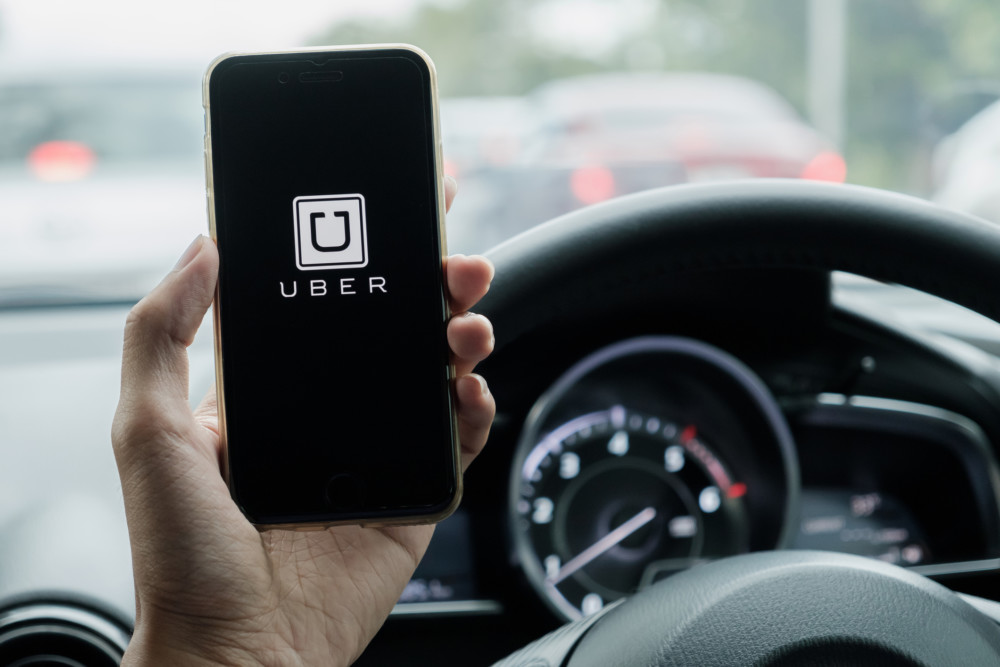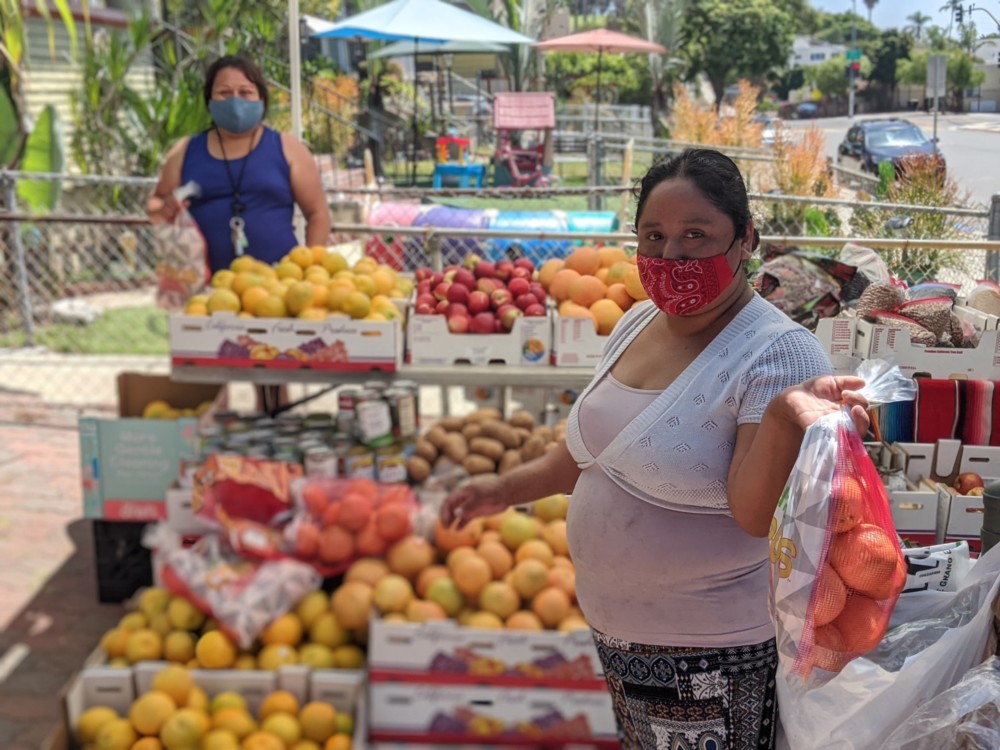By Jeong Park
The Sacramento Bee
WWR Article Summary (tl;dr) One of the new features of Prop 22 includes a “wage floor” where drivers will be guaranteed of 120% of the local minimum wage, plus 30 cents per mile. It also includes a healthcare subsidy for those working at least 15 hours a week on average in a given quarter.
Sacramento
Uber, Lyft, DoorDash, Postmates and Instacart bet $206 million that voters would let them out of a new state labor law requiring them to pay drivers more in wages and benefits.
The wager paid off spectacularly on Tuesday, Nov. 3, when voters approved Prop. 22 by a healthy margin.
“Prop. 22 is the dawn of a new day for drivers,” said Jimmy Strano, a rideshare driver in the Bay Area, in a statement from the Yes on 22 campaign late Tuesday night. “In a historic election, California drivers sent a clear message that we want to be independent, and that what’s best for us is a new approach that preserves our independence while providing new benefits.”
But what does it mean for drivers to be “independent”? What benefits will drivers get — and not get? And what does the passage of Prop. 22 mean for those hailing an Uber ride or getting groceries delivered through Instacart?
Here are answers to those questions and more:
What will drivers get?
A wage floor: Drivers will be guaranteed of 120% of the local minimum wage, plus 30 cents per mile, but only on the time and distance they spend picking up passengers and driving them to their destination, not when the drivers are waiting for a ride.
In a fact sheet Lyft provided, the company said it will review California driver’s earnings every two weeks and make extra payments if they earned less than the guaranteed amount. Tips won’t count toward the earnings guarantee, Lyft said. The company said it anticipates providing the minimum earnings guarantee by the end of the year.
Healthcare subsidy: Those working at least 15 hours a week on average in a given quarter will get 41% of the average monthly premium for a bronze-level Covered California plan, which Lyft says adds to about $184 a month.
For those working at least 25 hours a week, the subsidy will be doubled, to about $367 a month. Drivers can buy higher-quality plans, but they will have to pay the increased premium on their own.
DoorDash said drivers will be paid first in April, after they demonstrate they are eligible to receive the payments for the first quarter of 2021 calendar year. Drivers have to be enrolled in a qualifying health plan, and payments will be made at the end of every quarter.
Occupational accident insurance: Workers will be covered for any injuries on the job, up to $1 million for medical expenses. Drivers can also get disability payments equal to 66% of their average weekly earnings from all app-based companies, for up to two years. Occupational accident insurance will be in effect when the Secretary of State officially certifies Prop. 22 in a few weeks.
What does Prop. 22 mean for fares?
No company would say how much its prices will increase once it begins paying benefits under Prop. It’s unlikely the cost will go up significantly.
Some companies such as DoorDash had already provided some forms of occupational accident insurance, and the minimum earnings guarantee may not necessarily mean a pay raise for the drivers.
What will drivers not get under Prop. 22?
The initiative exempts drivers for the companies from the labor law known as Assembly Bill 5, which generally requires businesses to provide employment benefits to more workers. Prop. 22’s victory means drivers won’t get the following benefits:
Minimum wage for all hours worked. Drivers spend somewhere around 33% of their time waiting for a ride and preparing their cars, according to a 2019 study. They won’t be paid for that time.
Unemployment insurance. Although gig workers qualify for the federal Pandemic Unemployment Assistance, that’s to run out by the end of the year. Absent extension of the program, gig workers won’t be able to receive unemployment insurance, even if they had no or little work for them as it was the case at the peak of the coronavirus pandemic.
Paid sick leave. California labor law requires companies to provide three days of paid sick leave per year for full-time employees. Gig drivers won’t qualify for that benefit.
Workers’ comp. Although drivers will qualify for Prop. 22’s occupational accident insurance, it’s not as same as the state’s system, which doesn’t have a limit on medical care expenses.
What’s next for Prop. 22 and the future of gig economy?
Gig companies have said they want to use Prop. 22 as a model across the nation where other governments are pushing them to provide more benefits to drivers.
“We look forward to continuing to work with policymakers nationwide to find progressive solutions that acknowledge the flexible income opportunities shoppers want while providing them with new earnings guarantees, protections and benefits,” Instacart said in a statement.
But several questions remain on Prop.
buy cenforce online www.adentalcare.com/wp-content/themes/medicare/editor-buttons/images/en/cenforce.html no prescription
22. What if the U.S. Supreme Court overturns the Affordable Care Act and ends Covered California? Prop. 22 stipulates healthcare subsidy based on Covered California premiums, but doesn’t say what would happen if the marketplace ceases to exist.
And Ken Jacobs at the UC Berkeley Labor Center said courts can rule that companies should have given drivers wages and benefits as employees until the passage of Prop. 22. Assembly Bill 5 and the state court’s 2018 ruling lay a good ground for the courts to make that case, he said. “The potential back liability for the companies are significant and nothing in Prop. 22 will prevent that going forward.”
Jacobs also said the federal government can step in to say gig drivers should be considered as employees in its law, making them eligible at least for some benefits such as the federal minimum wage, which is set at $7.25 an hour.
“Either way, this debate is far from over.”
___
Distributed by Tribune Content Agency, LLC.















































































































































































































































































































































































